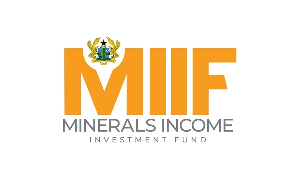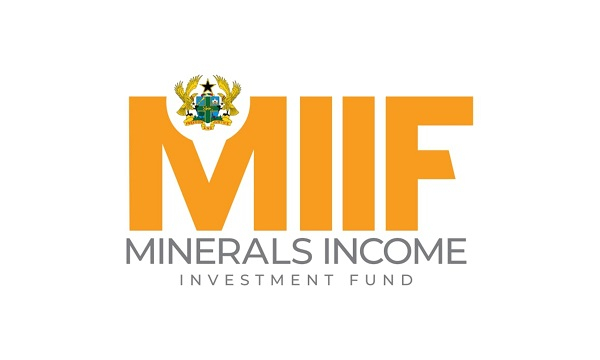 Minerals Income Investment Fund
Minerals Income Investment Fund
Participants at a stakeholders’ meeting on the Minerals Income Investment Fund (MIIF) Act have called for its amendment to make it fit for purpose.
They said the Act was weak, not inclusive enough and had many gaps.
Representatives of Civil Society Organisations, traditional leaders and youth groups attended the meeting, organised by the Centre for Public Interest Law (CEPIL) in Accra.
The MIIF was established as a Special Purpose Vehicle with the mandate to manage the equity interest of Ghana by mining companies and receive dividends from these equity interests, to receive minerals royalties and other related income due to the country.
It was also to provide for the management and investment of funds.
Jennifer Moffat, the Country Manager, BudgIT Ghana, a civic organisation, said the Act must ensure contract transparency and beneficial ownership disclosures.
These must align MIIF governance with Extractive Industries Transparency Initiative (EITI) 2023 EITI requirements 2.2 – 2.5 to facilitate the effective management of mineral revenues.
“Act 978 provides some provisions for public reporting and oversight mechanisms, but there are critical gaps in contract transparency, beneficial ownership disclosures, and open- data accessibility that weaken public confidence in the Fund’s governance,” she stated.
Moffat called for the introduction of a legal requirement for traditional authorities and local government representatives to be included in MIIF’s governance.
It should also ensure the establishment of an independent Mineral Revenue Oversight Committee, similar to PIAC, dedicated to petroleum monitoring, she said.
Mr Dennis Gyegyir, a Senior Programme Officer for Africa at the Natural Resource Governance Institute, advocated an increase in the percentage allocation to community development schemes.
He proposed a comprehensive Mineral Revenue Management Act to replace the existing one, including provisions for royalty management, accountability mechanisms, and reporting requirements.
Consideration should also be given to a merger of the Minerals Development Fund (MDF) and MIIF because the MDF received 20 per cent of MIIF’s funds to prevent ‘needless’ bureaucracy and waste of the public purse.
Gyegyir suggested a repeal of the MIIF Act and the creation of a new organisation to manage mineral revenues with clear provisions for transferring funds to communities and ensuring accountability.
He advocated an increase in the percentage allocation to community development schemes.
Alhassan Iddrissu, a legal advocate, said the country had failed to harness its natural resources efficiently to spur economic growth, despite decades of exploitation.
He attributed that partly to inefficient resource governance and the wrong priorities of governments regarding the extractive sector.
The CEPIL is a human rights civil society organisation comprising a group of legal practitioners who provide free legal representation and services to vulnerable people and mining communities, including Persons with Disability.
Watch the latest edition of BizTech below:
Click here to follow the GhanaWeb Business WhatsApp channel
